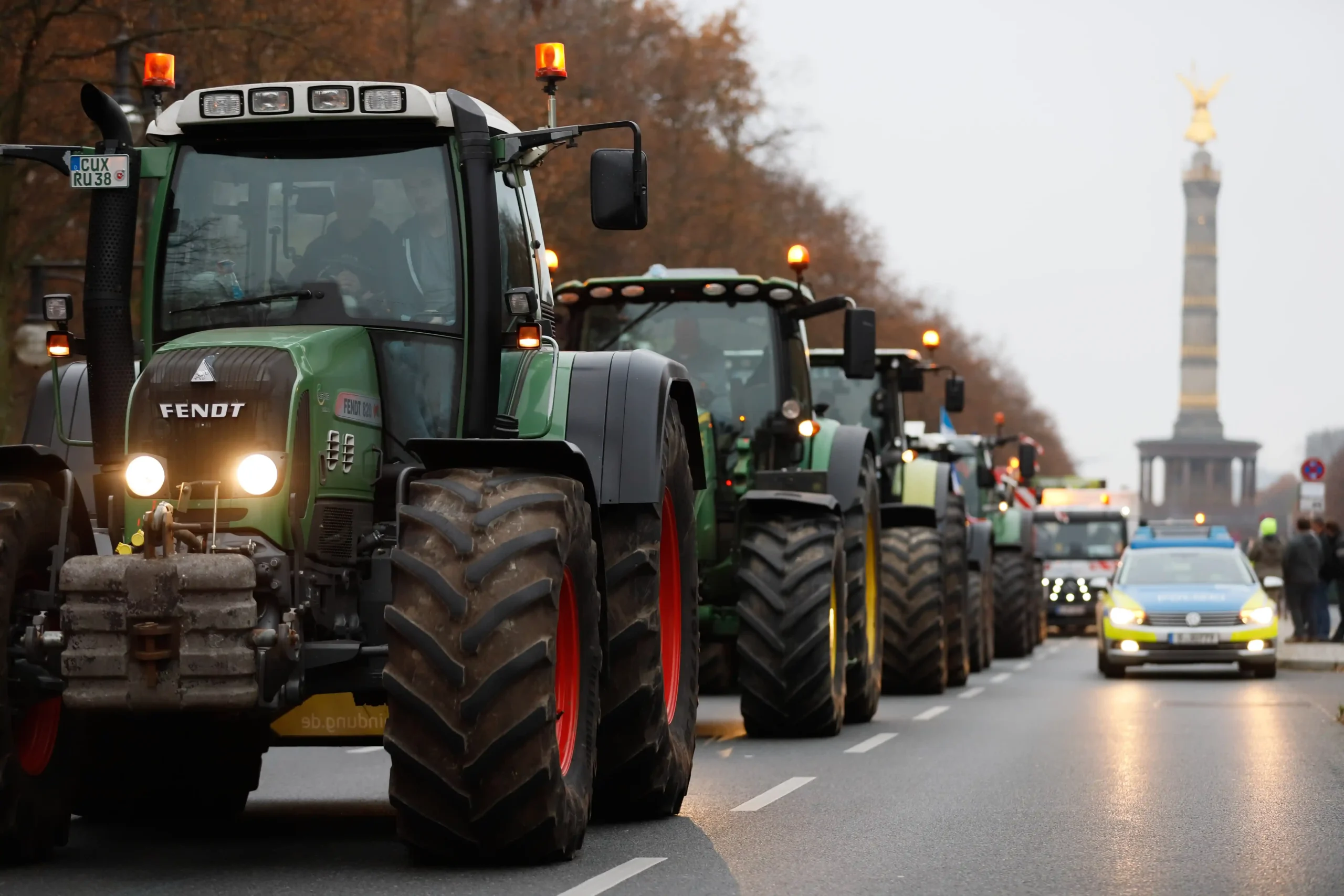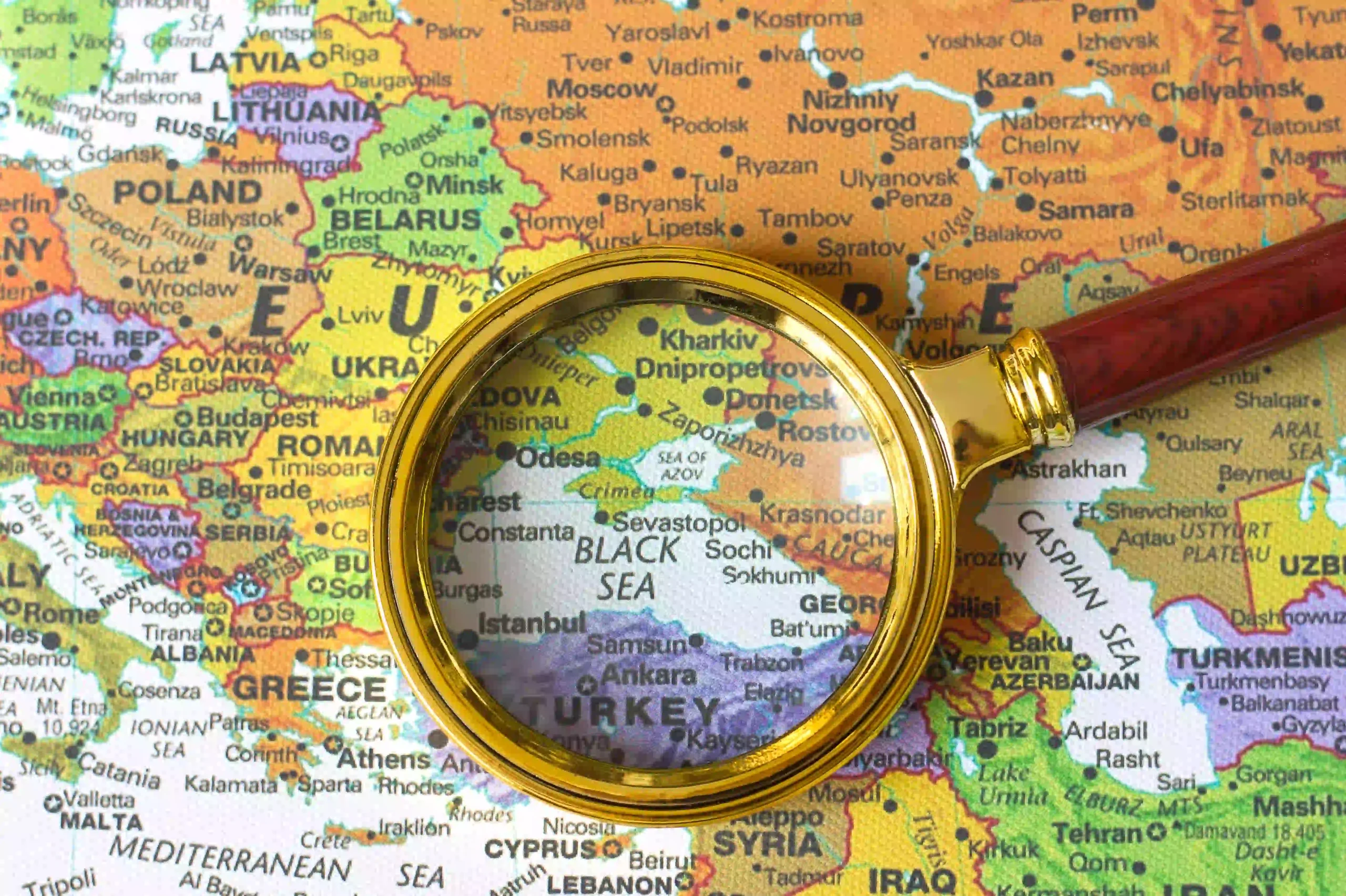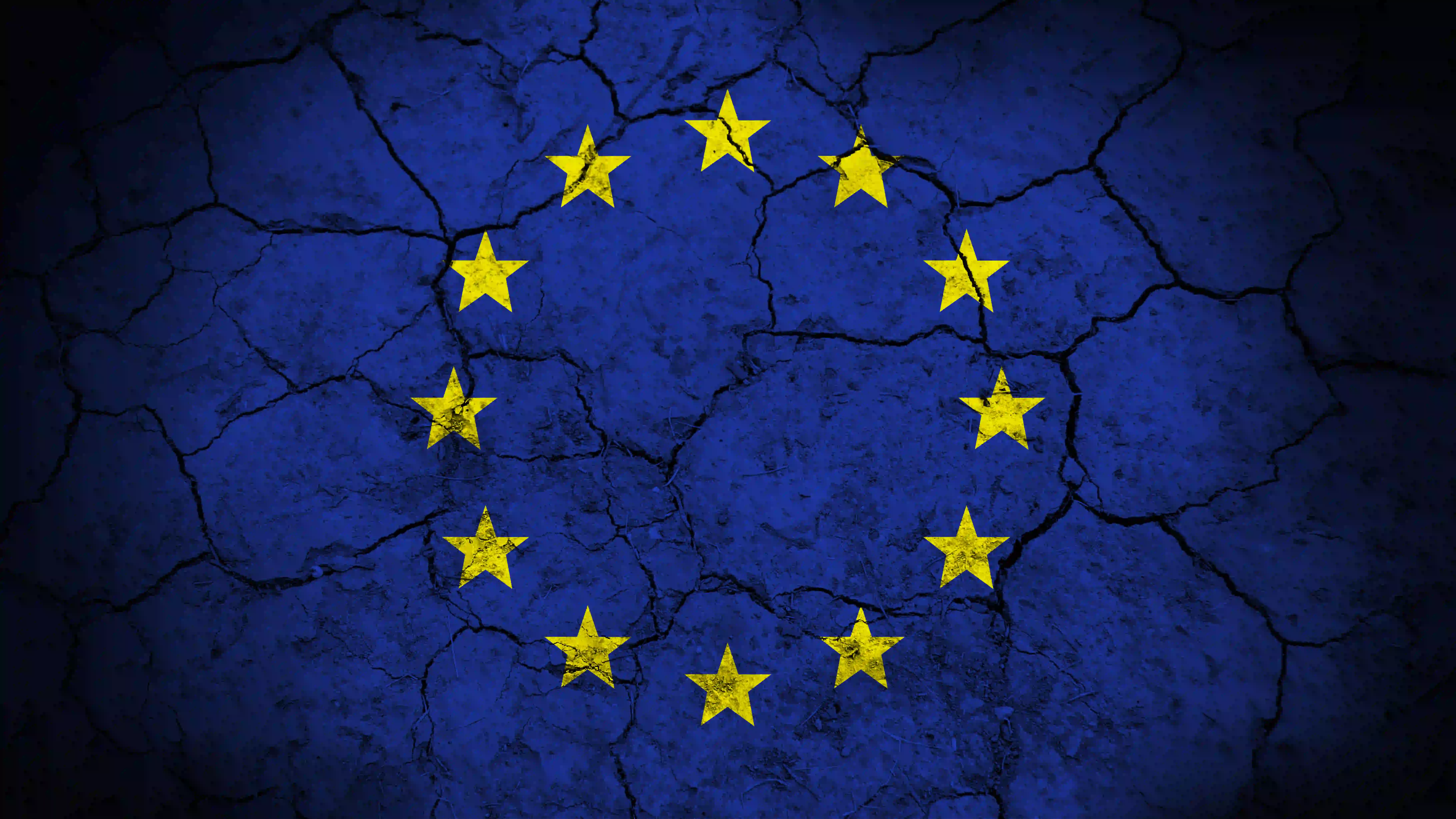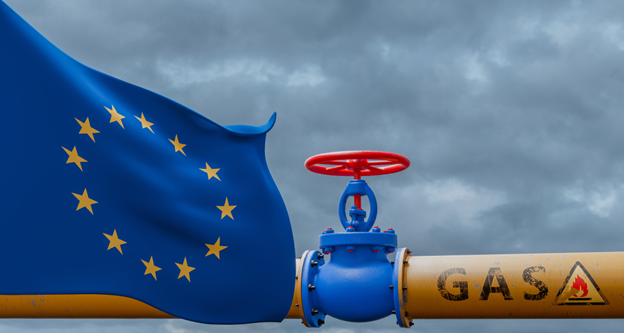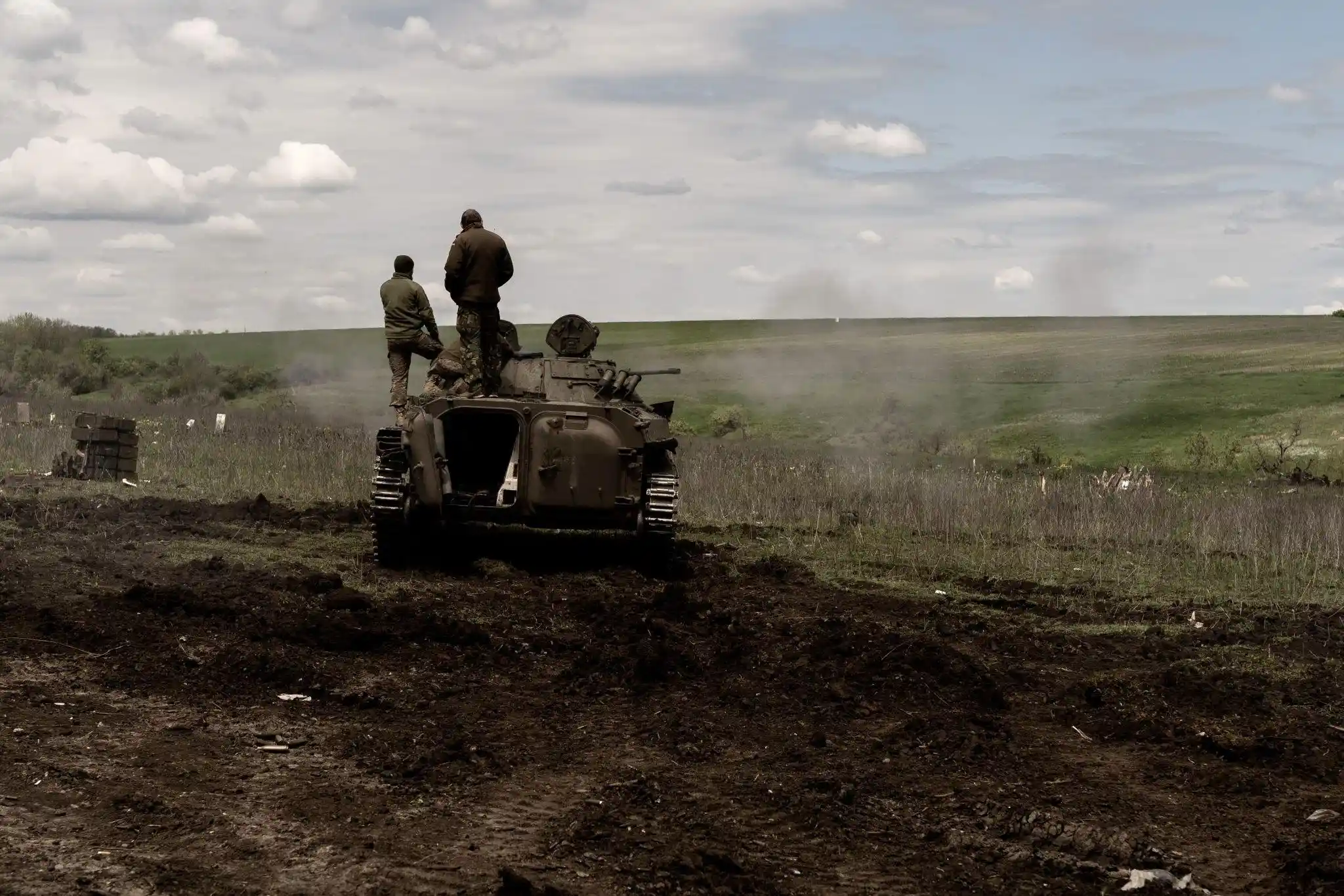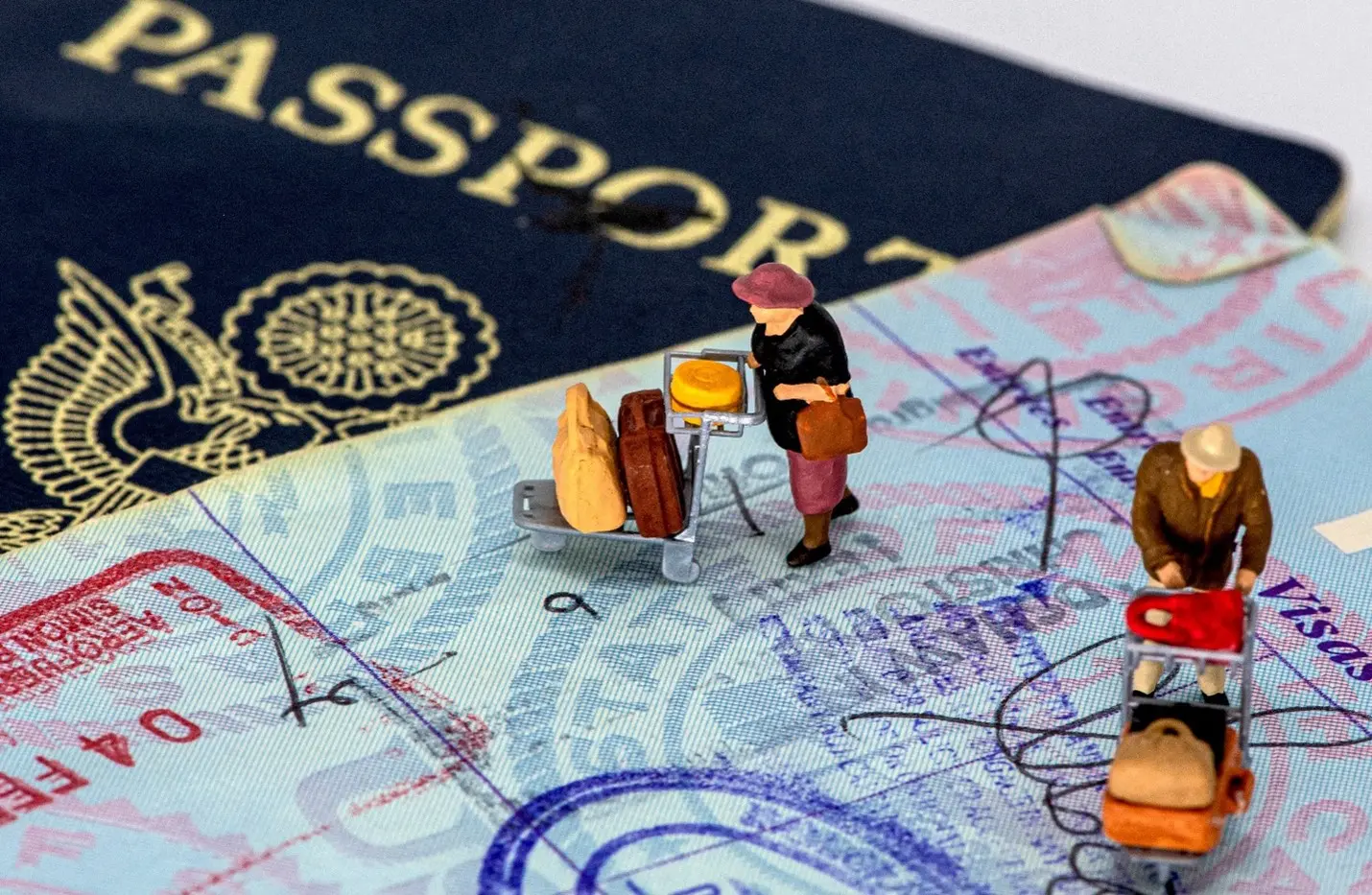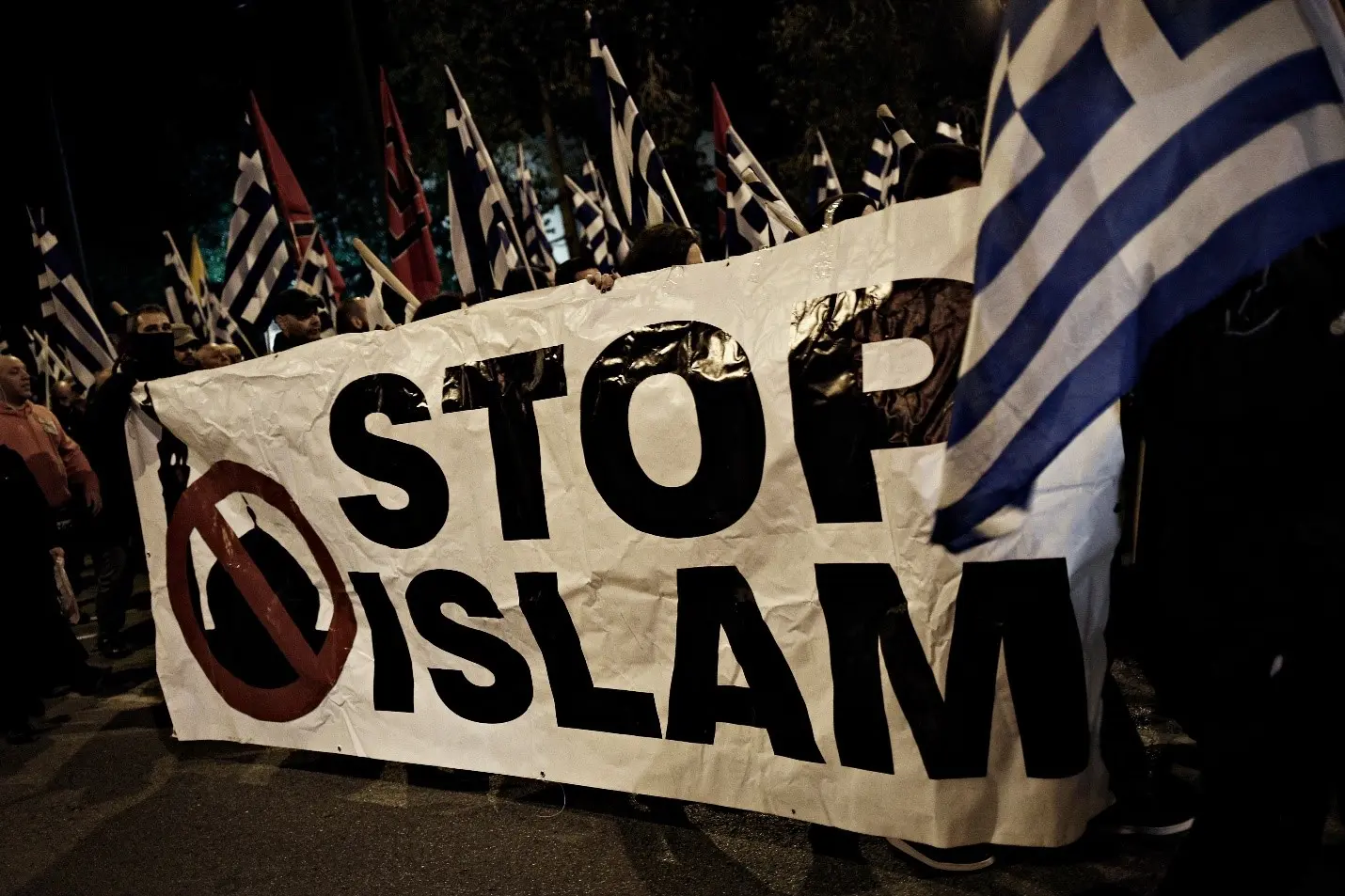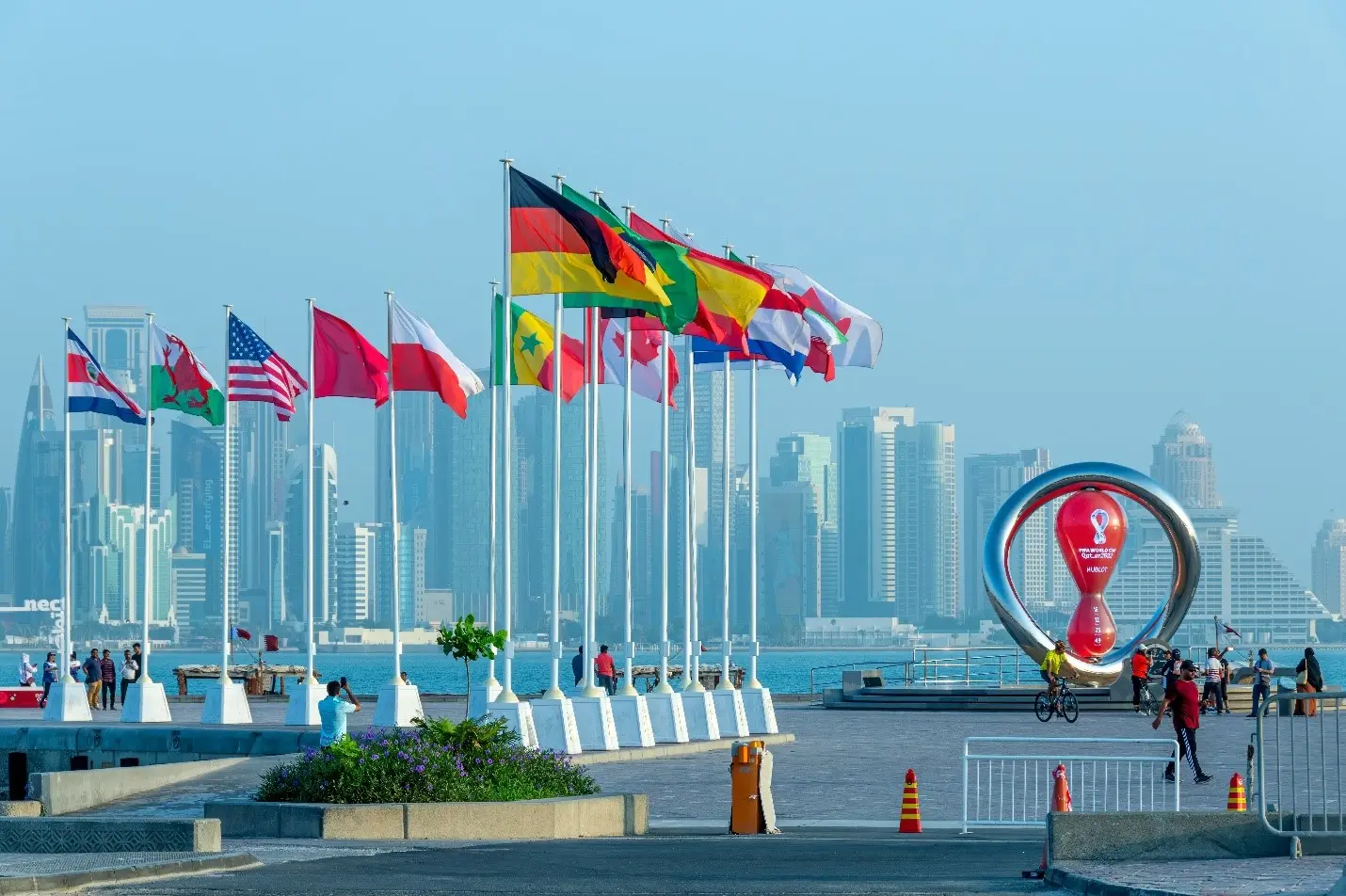5 Mar 2024
How Europe Alienated Farmers and Revived Populism
This article was originally published on Ahram Online on Mar. 4, 2024.
Farming and food have become two of Europe’s most emotionally charged issues. The farmers protests that have been erupting across the EU this year are finally getting much sought after attention. But farmers have been expressing their discontent with EU policies for years and now, with a broader cost-of-living crisis, the discontent is spreading as European’s socio-economic anxieties rise. From favouring corporate interests to mishandling crises, European policies have presented populist and far-right forces with a new opportunity to pull in more voters —and it’s proving successful.
22 Feb 2024
Turkey: Reaping the Rewards of a Turbulent Black Sea
Since the 16th century, the Black Sea has always been a lake of tensions. Contrary to the Wars of The Holy League, in which the Ottoman Empire witnessed its first territorial loss, the contemporary situation signals Turkish gains in the region. The ongoing war in Ukraine has revived the Montreux Convention which gives Ankara the higher hand in the Black Sea and led other NATO members to appreciate the indispensable Turkish role. Recently, developments in the Black Sea ranging from decaying Russian power to Western apprehension are offering Ankara some Turkish delights.
12 Feb 2024
Can the EU Endure Escalation in the Middle East?
The global economy has been struggling to recover since the impact of the COVID-19 pandemic, which has had significant repercussions worldwide. The European Union (EU) has been particularly affected by the Russia-Ukraine war due to its reliance on Russian energy. Following this conflict, the EU is gradually moving toward recovery, with an anticipated mild growth rate in 2024. However, the ongoing Middle East conflict and concerns about its potential escalation raise doubts about whether the EU can withstand the challenges posed by such an escalation.
30 Nov 2023
An Open Letter to COP28
Dear leaders, negotiators, and decision makers,
This year, "Unite-Act-Deliver" is the slogan of COP28, a pivotal event in the international endeavour to combat climate change. The increasing number of climate disasters in 2023, wherein severe weather phenomena have wreaked devastation on a global scale, shows the urgency of the need to act. The United States, Hong Kong, Greece, Libya, Turkey, Bulgaria, Spain, Taiwan, Pakistan and China were all affected by hurricanes, storms, droughts, and flooding. The floods that struck Libya and Pakistan were particularly devastating, resulting in substantial destruction of infrastructure and loss of life, and increasing sea levels and heat surges that have been felt globally have also occurred.
Furthermore, the adverse effects of climate change on food and water security on a global scale have impeded progress towards attaining the Sustainable Development Goals. In particular, food systems are accountable for one-third of worldwide green gas emissions and have slowed agricultural productivity for the past five years which entails the transformation of food systems to achieve net-zero emissions.
30 Nov 2023
The West Polarised: Impact of the War in Gaza
Ramifications of the Israeli-Hamas War have not been confined within Gaza or the Middle East’s borders. Polarisation over the Palestinian cause has reached a new character especially in the Western world where such a trend has never been as deep. Cracks within governments and societies can be traced to a volatility of values, exposure to social media, and demographic changes. With such an unprecedented divide over Western governments tolerating Israeli impunity in Gaza, the West is faced with a moral dilemma which might cost it it’s claimed “moral superiority”.
4 Jun 2023
Is Africa the Solution to the EU’s Energy Crisis?
A global energy crisis of unparalleled scope and complexity is currently roiling the planet. Although the crisis is most acute in Europe, it is having a significant impact on markets, regulations, and economies all over the world. Europe was the region most impacted by the crisis since the Ukraine conflict where Russia’s supplies to Europe were disrupted. The nation took action to mitigate the effects of the crisis as a result of this interruption, one of which was the urge to find new sources of energy. The African continent is rich in energy resources, but the question that remains is whether it will be able to replace Russia in meeting Europe's energy needs.
16 May 2023
Questions about Legality of Russian-Ukrainian War
Abstract
The post-World War II arrangements generated several decisions that granted the victorious countries certain powers, most notably The Declaration of the Four Nations on General Security, the Four Power Declaration, and Articles 106 and 107 of the United Nations Charter. Questions have recently been raised about the possibility of exploiting these powers to legitimize Russian intervention in Ukraine. However, given the nature and background of these articles and decisions, it turns out that they were part of the arrangements for a transitional period, followed by the transfer of these powers and tasks to the United Nations, and the subsequent new arrangements, most notably the collapse of the Soviet Union and the emergence of the Russian Federation, which arranged for a new legal situation. This does not contradict the rule of inheriting international treaties as one of the principles of international law but takes into account the change in the new legal status of states. Therefore, the countries that were under the guise of the Soviet Union have become independent members in the United Nations General Assembly, and by reviewing the contents of the documented sessions of the United Nations since the outbreak of the Russian-Ukrainian crisis, it turns out that the defenses and arguments presented by the Russian delegate to legitimize the Russian intervention in Ukraine were based on two main arguments, which were repeated in most of the Russian President’s speeches. For the Russian Federation, especially the speech of the declaration of invasion, which was based on Article 51 of the Charter of the United Nations, which guarantees the right of states to defend themselves against threats, and Article 1 of the International Covenant on Civil and Political Rights that all peoples have the right to self-determination, meaning that any Russian ethnic minority in Ukraine has the right to determine its political status and to pursue its economic, social and cultural development.
Since Putin announced his intention to invade Ukraine militarily, numerous analyses came up that the legal arguments Russia depend on to justify the invasion, and the talk about the arrangements made after World War II that gave the powers to the victorious nations that could be exploited by the Russian side has increased recently. There is even a rumor that claims that the Russian president talked to the secretary-general of the United Nations about the article contained in the United Nations charter and these arguments depended on two articles; 106 and 107 in the United Nations charter, that gives the right to the victorious countries and nations to take any needed decision against the countries that fought against them in World War II to avoid revising the results of World War II. In these decisions, it is specially allowed to utilize military power against these countries.
8 May 2023
Drums of War: Clean Energy Conflict on Both Sides of the Atlantic
The relationship between the United States and the European Union serves as a model for economic integration and collaboration in trade and investment between two non-regional parties. Both sides are considered each other's significant general trading partners when it comes to commercial relations for goods and services. Conversely, China surpassed the United States as Europe's top trading partner for goods in 2020. In 2022, trade in goods between the two sides exceeded $900 billion, while trade in services exceeded $500 billion.
Despite its strength, this relationship has its share of trade disputes, primarily fuelled by the growth of bilateral trade and each side's desire to further enhance its surpluses by entering the other's market. These disputes sometimes even reached the World Trade Organisation (WTO), most recently in 2018 when the US imposed 25% and 10% tariffs on imports of steel and aluminium from the EU based on national security grounds, to which the EU replied in kind.
However, the nearly 17-year-old dispute for control of the world's civil aviation industry between the two giant companies, American Boeing and European Airbus, was the most intense ever. Each side, "the United States and the European Union," made an effort to provide government aid to its company against the other. As the dispute escalated, both sides imposed retaliatory tariffs on a portion of each other's imports, which by 2021 totalled $11.5 billion. Eventually, in light of their disagreement with China, the two sides agreed to a trade truce, which stopped the dispute.
With every dispute between the two sides, the world hangs its breath due to their significant impact on the international economy, the shift forced by such a conflict in supply chains and the potential global slowdown. The world has been concerned about a similar situation since US President Joe Biden successfully passed his Inflation Reduction Act of 2022 in August 2022, which heralded the beginning of a prolonged war on both sides of the Atlantic in a world already dominated by trade and military conflicts between the East and the West.
This article analyses the American Inflation Reduction Act and predicts how this Act will impact the global economy in light of the current unstable economic situation.
12 Apr 2023
Migration Diplomacy in Transit Countries: How can Tunisia Leverage its Geopolitical Position?
Migration is becoming an important area of bilateral and multilateral diplomatic relations. Examples include intergovernmental agreements to limit, or encourage migratory flow, the preferential treatment to certain foreign nationals, the creation of temporary labor migration laws, and so on. However, the term migration diplomacy can go beyond agreements between states to include diplomatic tools states use in order to extract benefits from other states. It is linked to how cross-border populations’ flow is linked to states’ diplomatic goals. Accordingly, states can leverage their position in the migratory process. In this regard, states can either be considered a Sending state, a Receiving state “also known as destination countries” or a Transit state. Sending countries are usually under-developed ones from which people tend to migrate from due to a myriad of “push factors” such as social, cultural, economic and even climate change reasons; diplomacy in this case is to be called Emigration diplomacy. Receiving countries are the more developed ones to be targeted as destination for immigrants wishing to find better living condition; hence, Immigration diplomacy. Finally, Transit countries are considered an intermediary solution to those who flee their countries of origin aiming to reach another country. However, for some reasons, mainly geographical ones, they tend to settle in a ‘third state’ for temporarily as a transit for their final destination.
In this analysis, it will be discussed how migration diplomacy can be useful especially for transit states who can always leverage on their geographical positions by obtaining concessions from receiving states who which to stop migratory flows from reaching either their shores or their borders. At the first part, it will be demonstrated how have some transit states benefitted from their position. At the second part, the Tunisian case will be discussed. Tunisia, as a vital corridor for Sub-Saharan emigrants aiming for reaching European borders through the Italian shores, falls under the umbrella of a transit state. Given its current severe economic situation, Tunisia can grab the opportunity and use migration flows as a source of income rather than scapegoating them for the country’s problems.
11 Apr 2023
Between Grain and AK-47s: Russian Influence in Africa
The Russian presence in Africa has recently increased after a decline of nearly three decades since the dissolution of the Soviet Union in the nineties of the last century. Russian-African relations are part of Russia's new strategy to enhance its international influence. This strategy conforms to Russia's situation in international affairs, including its support for countries that contradict Western policies. Moscow has focused its influence on the West African region, taking advantage of Western policy mistakes, the mounting anti-European sentiment, and the long-standing failure of international and domestic actors to address the root causes of the regional instability. The first Russian-African summit in Sochi in October 2019 concluded contracts with more than 30 African countries for the supply of weapons and military equipment. It thus opened the door for state-backed companies to invest heavily in the security and technology sectors and industries that extract natural resources such as oil, gas, gold and other minerals.
On the other hand, the Russian-Ukrainian conflict did not impede this rapprochement but rather contributed to developing the partnership between the two parties to take the form of a strategic alliance. This was apparent in the speeches and statements of President Vladimir Putin, the most prominent of which was the speech he delivered at the International Parliament Conference "Russia - Africa in a Multipolar World", which was held in Moscow in March of this year on the sidelines of Saint Petersburg preparations for the second coming Russian – African summit to be held in July 2023. Putin reiterated that cooperation between Moscow and African countries was and will always be one of the top fixed priorities of Russia's foreign policy, declaring Russia's fulfilment of all its obligations, including supply of food, fertilisers, fuel and other essential products to the countries of the continent, which helps ensure food and energy security.
In light of the ongoing Russian-Ukrainian conflict, this analysis aims to shed more light on the motivations and characteristics of the Russian strategy in Africa. It also seeks to highlight the challenges to Russian influence expansion as well as the prospects for Russian-African relations in the future.
4 Apr 2023
Is Islamophobia on the Decline in Europe?
Islamophobia is a combination of hatred, fear, and prejudice towards Islam and Muslims. This phenomenon is manifested in violence against Muslims and Islamic symbols, as well as discrimination and antagonism in daily life. Over the last two decades, there has been a sharp rise in anti-Muslim prejudice, leading many nations to take unjustified action against Muslims in response to the security concerns that have been levelled against them. The persistence of prejudice and hatred against Muslims is also a result of widespread misconceptions about Islam. In addition to several incidences targeting Muslims and their symbols, Islamophobia has spread through statements, attitudes, and campaigns that fuel anti-Muslim sentiment. Muslims frequently face discrimination in countries where they are a minority and have trouble accessing products and services, education, and jobs. Islamophobic hate crimes typically rise following particular occurrences, such as terrorist acts, often provoking collective punishment.
On the other hand, there has also been an increase in tolerance recently, with a noticeable expansion of Muslim celebrations and rituals in various European cities. For example, Ramadan was observed in London by a few English clubs and Muslim footballers were given time to break their fast by English Football Association. The German Federal Ministry of Education and Research also issued a letter allowing Muslim instructors in Berlin to wear the veil (hijab). Considering these seemingly minor but significant societal developments, this analysis investigates the repercussions of these changes on the presence of Islamophobia in Europe to determine whether the phenomenon has declined or if these manifestations are still too superficial to affect the depth and roots of the issue.
29 Mar 2023
Sports Diplomacy: How Do Sports Events Enhance the Reputation of Countries?
The FIFA World Cup in 2022 in Qatar garnered more attention from the international community due to Qatar's ability to change perceptions of it as a nation capable of hosting the biggest sporting events. Many countries have recently sought to host international sports events in an effort to enhance their posture diplomatically, improve their reputation as well as shore up their position within the international community. To that end, “Sports Diplomacy” has been used to achieve understanding and peace among nations and promote the countries’ political and ideological goals. On the other hand, countries exploited sports as an approach aiming at asserting the superiority and strength of the state; for instance, the 1936 Olympic Games were held in Germany, and the 1934 FIFA World Cup was held in Mussolini’s Italy. In other cases, sports played a more constructive role in the 1990s, representing an opportunity for South Africa to surpass the apartheid era and look forward to a better future. For China, sports have played a role in introducing an open policy and a more influential economy.
A state’s reputation is one of the key factors affecting its international relations, as it reflects its global image, influencing its recognition and interaction with other countries. With sports diplomacy, states could carry out several interests, such as boosting diplomatic ties with other states, raising the degree of understanding and cooperation among people and governments, and improving the state's public image globally. In other words, sports diplomacy is an effective tool for attaining diplomatic goals and promoting the state’s reputation worldwide. This analysis seeks to shed more light on the link between sports diplomacy and the state’s reputation and how the state’s stance in the international community is enhanced by sports diplomacy.
